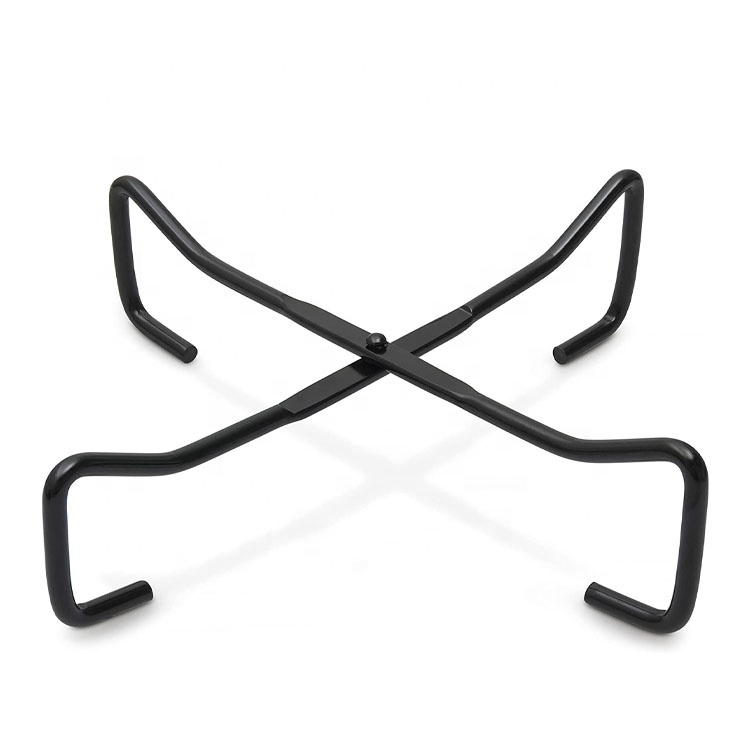
Exploring the Versatility of Enameled Cookware for Every Kitchen Need
The Charm and Utility of Enameled Pots
Enameled pots have been a staple in kitchens around the world, admired not only for their aesthetic appeal but also for their practicality. These charming kitchen essentials combine the durability of metal with a smooth, often colorful enamel coating, making them versatile tools for both cooking and serving. In this article, we will explore the history, benefits, and various uses of enameled pots, as well as some tips for their care.
A Brief History
The history of enameled cookware dates back to ancient civilizations. The process of enamel coating was first developed in China and later spread to Europe, where artisans began crafting beautiful, functional kitchenware. Enameled pots became particularly popular in France, where skilled craftsmen produced high-quality products that were both visually appealing and highly functional. Today, these pots are produced in various countries, each region adding its unique twist to the designs and colors available.
Aesthetic and Functional Appeal
One of the most enticing aspects of enameled pots is their aesthetic appeal. Available in an array of colors and patterns, these pots can bring a splash of vibrancy to any kitchen. Whether you prefer a classic white or prefer to embrace bold colors like deep reds or blues, there is an enameled pot to match your personal style and home decor.
Beyond their attractiveness, enameled pots are highly functional. The enamel coating provides a non-reactive surface, meaning they can be used for cooking acidic foods like tomatoes and vinegar without fear of a metallic taste leaching into the dish. Additionally, the enamel creates an easy-to-clean surface, allowing for effortless maintenance after cooking.
Enameled pots also distribute heat evenly, which is crucial for achieving precise cooking results. Whether you’re simmering a stew, boiling pasta, or working on a delicate sauce, the consistent heat distribution helps prevent hot spots that can lead to burning or uneven cooking.
enameled pot

Versatile Uses
The versatility of enameled pots is another reason for their enduring popularity. They come in various forms, including Dutch ovens, saucepans, and frying pans, each serving a distinct purpose in the kitchen. Dutch ovens, for example, are perfect for slow-cooking, baking bread, or making hearty stews, while saucepans are ideal for boiling, simmering, or making sauces.
Moreover, enameled pots are not limited to stovetop use. Many are designed to be oven-safe, making them a fantastic choice for one-pot meals that can be taken from the stovetop to the oven without missing a beat. This convenience is particularly appealing for busy home cooks looking to streamline their culinary process.
Care and Maintenance
To ensure the longevity of enameled pots, proper care is essential. While most enameled cookware is dishwasher-safe, it’s often recommended to hand wash them with mild soap and a soft sponge to preserve the enamel’s integrity. Avoid using metal utensils that can scratch the surface; instead, opt for wooden or silicone tools. If the enamel does chip, it’s important to address it quickly to prevent rusting and further damage.
Storing enameled pots can also influence their longevity. It’s best to stack them with care, using protective liners if necessary to prevent scratches. Additionally, keeping them in a dry place helps to avoid moisture buildup, which could harm the enamel over time.
Conclusion
Enameled pots are more than just cooking vessels; they are a blend of history, artistry, and practicality. Their ability to perform well in the kitchen while adding beauty to the cooking experience makes them a cherished addition to any home. Whether you're a seasoned chef or a novice in the kitchen, incorporating enameled pots into your culinary journey can inspire creativity and satisfaction in every meal. So next time you reach for a pot, consider the enameled option—it might just become your new kitchen favorite.
-
Season Cast Iron Perfectly with GPT-4 Turbo TipsNewsAug.01,2025
-
High Quality Cast Iron Cookware - Baixiang County Zhongda MachineryNewsAug.01,2025
-
Premium Cast Iron Pan: Durable & Perfect HeatNewsAug.01,2025
-
High Quality Kitchen Durable Black Round Cast Iron Cookware Pancake Crepe Pan-Baixiang County Zhongda Machinery Manufacturing Co., Ltd.NewsAug.01,2025
-
Cast Iron Cookware - Baixiang County Zhongda Machinery | Nonstick, Heat ResistanceNewsAug.01,2025
-
High Quality Kitchen Durable Black Round Cast Iron Cookware - Baixiang County Zhongda Machinery | Non-Stick, Heat Retention, DurableNewsJul.31,2025


